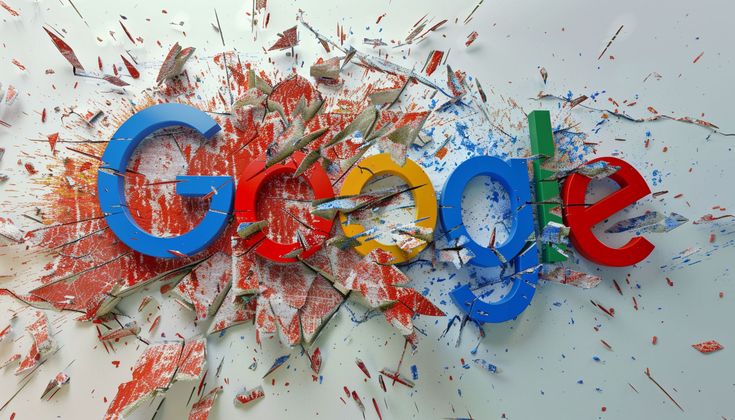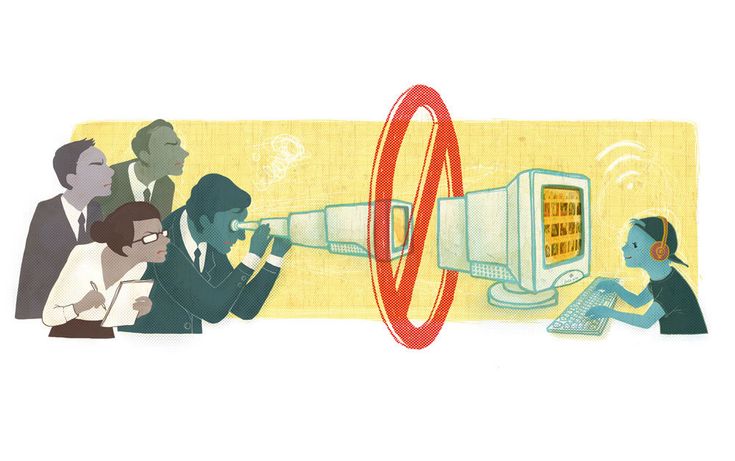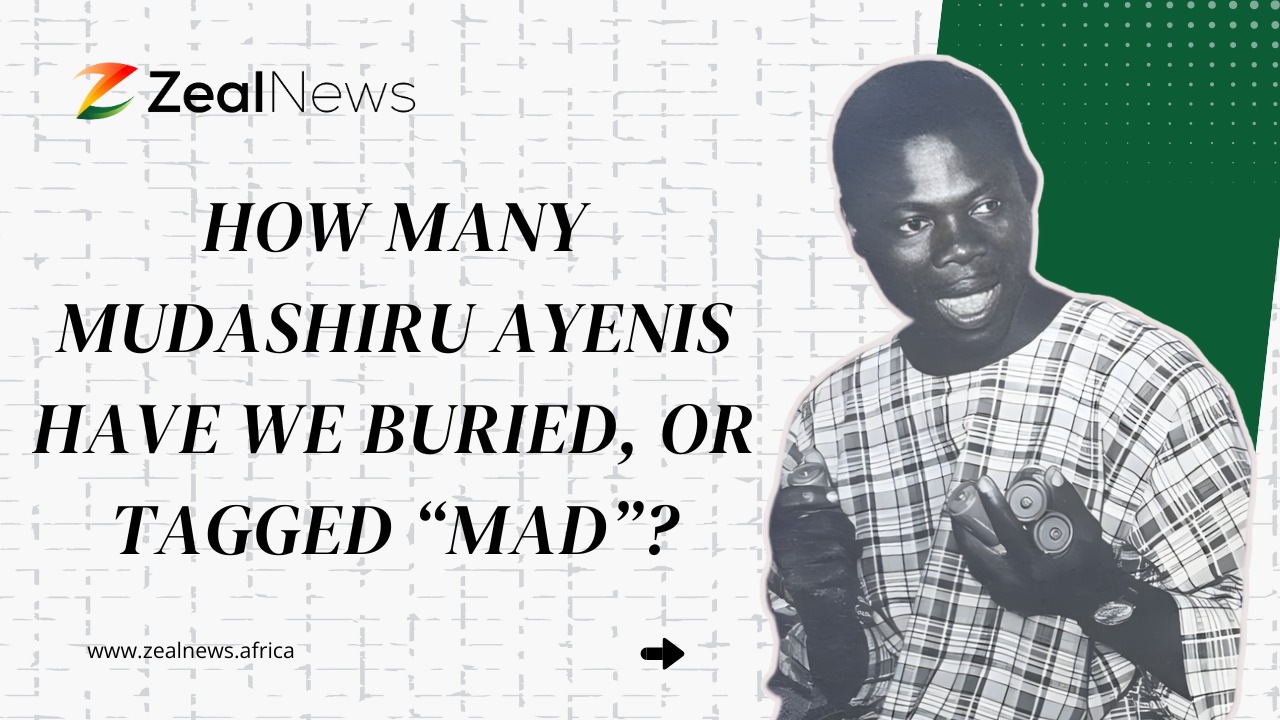What If Google Forgot Everything Overnight?

Google is more powerful than most governments, yet it doesn’t own an army. It owns something more dangerous—our memory. From birthdays saved in Gmail to the routes we drive, from the history of human knowledge to the definition of truth in a search bar, Google has quietly become humanity’s external brain. But what if that brain woke up tomorrow with amnesia? What if, overnight, Google forgot everything?
This isn’t a sci-fi question. It’s a stress test we’ve never dared to run. Because beneath the convenience of the world’s biggest search engine lies a frightening fragility: if Google lost its memory, entire systems of modern life—business, politics, even identity, would unravel before we had time to catch our breath.
The Day the Internet Went Dumb
Most people would first notice something small. You open your phone to search “nearest pharmacy” and nothing comes back. No suggestions, no maps, just a blank stare.
You refresh, but the silence is deafening. In Lagos, a student pulling an all-nighter for an exam can’t access research articles. In London, a commuter taps Google Maps to check the route to work, but the familiar blue line won’t appear. In Los Angeles, a surgeon trying to confirm a new clinical guideline can’t find a trusted medical source within seconds like they usually do.
At first, some assume it’s a glitch, a temporary outage like when WhatsApp goes down for a few hours. But then Gmail search fails. Old attachments are impossible to retrieve. YouTube still plays videos but can’t suggest anything, because its recommendation system has lost track of your history. Google Drive lets you see your files, but without indexing, finding a specific contract or spreadsheet feels like searching through a dusty basement with no light.

Photo Credit: Pinterest
We’ve seen small previews of this kind of panic before. In December 2020, Google services went dark worldwide for nearly an hour—no Gmail, no YouTube, no Docs. It wasn’t even a full memory wipe, just a crash, but it was enough to paralyze schools, businesses, and even hospitals relying on Google Workspace. Twitter lit up with desperate posts like “I can’t access my exam paper” or “We can’t treat patients without accessing our records.” That was a glimpse of chaos. Now imagine it stretched out indefinitely.
The paralysis sets in quickly. People realize that they haven’t memorized phone numbers in years. That they don’t own paper maps anymore. That when they told themselves, “I’ll just Google it later,” they meant it literally. It’s not just an outage—it’s amnesia. And it exposes how deeply we’ve outsourced not just convenience, but basic survival skills, to one private company’s memory bank.
The Businesses That Vanish Overnight
For businesses, this hypothetical is less an inconvenience than a bloodbath. Consider the bakery that relies on people typing “fresh bread near me” into their phones. That search traffic, which once carried dozens of new customers every week, evaporates.
The local mechanic who relied on Google Maps listings is suddenly invisible. Small restaurants, freelance designers, and independent shops vanish into the shadows, not because they’ve closed, but because nobody can find them.
E-commerce collapses into chaos. Online shoppers accustomed to typing product names into Google and instantly comparing prices are left stranded. Reviews vanish, shopping recommendations disappear, and without visibility, consumers hesitate. Buying online suddenly feels risky again, as if the internet rewound to 1995.
For Google itself, the consequences are catastrophic. Its advertising empire, the financial backbone of the company, depends on memory—your search history, your clicks, your location, your preferences. Without that vast reservoir of data, ads become little more than generic billboards. Cost-per-click plunges. Conversion rates nosedive.
Latest Tech News
Decode Africa's Digital Transformation
From Startups to Fintech Hubs - We Cover It All.
Multinational corporations shift their budgets to TikTok, Instagram, or television. But the small businesses, the mom-and-pop shops who only ever knew how to run Google Ads, face extinction.
We saw a smaller version of this when Facebook, WhatsApp, and Instagram went down for six hours in October 2021. Businesses across Africa and Asia, where WhatsApp is used as a storefront, lost entire days of sales. Restaurants couldn’t take orders. Shops couldn’t confirm payments. Customers drifted away. That was only six hours. A permanent Google amnesia would mean not just lost hours, but lost livelihoods.

Photo Credit: Pinterest
Truth Becomes a Street Fight
The scariest consequence of Google’s amnesia isn’t economic—it’s informational. When the world’s memory hole opens, the first thing to fall in is truth.
Think of how often you verify something by quickly searching it: a news headline, a historical date, a medical symptom. That safety net disappears. In its place, people turn to WhatsApp forwards, Twitter threads, Telegram groups, and Reddit posts. Social platforms become the de facto search engines, but without the structured ranking or relevance checks Google provides, the noise drowns the signal.
Conspiracy theories would bloom like weeds. If you can’t quickly verify whether a claim is true, it spreads unchallenged. An ordinary rumour that might once have been debunked in minutes can now travel unchecked for days. In countries with fragile information ecosystems, that could spark unrest, even violence.
We’ve already witnessed the fragility of truth during crises. During the COVID-19 pandemic, a flood of misinformation spread through social platforms, from false cures to conspiracy theories about vaccines. Google search acted as one of the few stabilizers, guiding users toward credible sources like the World Health Organization. Strip away that stabilizer, and the chaos multiplies.
Journalists would scramble to assert themselves as authoritative voices, but without Google’s distribution, their reach shrinks. Fewer clicks mean fewer readers. In the vacuum, opportunists, propagandists, and political actors flood the space. Governments might even impose state-run “emergency search portals,” but in some places, that translates to propaganda masquerading as fact.
The loss of Google’s memory wouldn’t just confuse us—it would throw society back into an era where truth is a street fight, contested loudly and dangerously.
The Politics of Forgetting
If Google forgot everything overnight, politicians and regulators would descend like vultures on a carcass. The “too big to fail” question would suddenly have teeth. How did we allow a single company to hold the keys to global memory with no safety net?
Regulators would scramble to propose fixes: forcing companies to share indexing power, creating decentralized backups, or even building public search utilities to act as a failsafe. Debates that have simmered for years about monopolies, digital sovereignty, and tech giants’ unchecked influence would erupt into urgency.
National security officials would treat the event as a cyber disaster. Modern intelligence networks, emergency alert systems, even parts of the military lean on Google’s infrastructure for verification and communication. Losing that is like losing radar during a war—it leaves nations blind.
But perhaps the most damning realization is that governments knew this vulnerability existed. They knew, yet they allowed it. Why? Because Google was convenient. It made their jobs easier. And in exchange, society became dangerously dependent. A single company, accountable only to shareholders, became the keeper of our shared memory. And we let it happen.

Latest Tech News
Decode Africa's Digital Transformation
From Startups to Fintech Hubs - We Cover It All.
Photo Credit: Pinterest
Have We Forgotten How to Remember?
The deepest wound from this hypothetical is not economic or political—it’s human. The truth is that many of us don’t know how to remember anymore.
Think about the last time you memorized a phone number. Or navigated a city with only a paper map. Or recalled a recipe from memory rather than “Googling it.” We have quietly surrendered these skills, outsourcing them to algorithms, trusting that the answers would always be there when we needed them.
If Google forgot everything, we’d suddenly be confronted with our own intellectual fragility. Parents would struggle to explain history without searching. Students would panic at the thought of research without instant answers. Workers would realize that half their expertise was really just the ability to “find it online.”
Yet history suggests we could adapt. When the 2003 Northeast blackout plunged millions in the U.S. and Canada into darkness, people relearned forgotten basics: cooking on open flames, navigating without traffic lights, relying on neighbours. A Google amnesia might force a similar recalibration, pushing us to rediscover libraries, teachers, elders, archivists; sources we’ve sidelined. Communities might strengthen as people turn to one another for knowledge.
The unsettling question is whether we’d adapt fast enough—or whether we’ve already forgotten too much.
In the end, the danger isn’t just that Google could forget everything overnight. The danger is that we have forgotten how to live without it. And if that day ever comes, it won’t just be Google facing amnesia. It will be us.
You may also like...
Bundesliga's New Nigerian Star Shines: Ogundu's Explosive Augsburg Debut!

Nigerian players experienced a weekend of mixed results in the German Bundesliga's 23rd match day. Uchenna Ogundu enjoye...
Capello Unleashes Juventus' Secret Weapon Against Osimhen in UCL Showdown!

Juventus faces an uphill battle against Galatasaray in the UEFA Champions League Round of 16 second leg, needing to over...
Berlinale Shocker: 'Yellow Letters' Takes Golden Bear, 'AnyMart' Director Debuts!

The Berlin Film Festival honored
Shocking Trend: Sudan's 'Lion Cubs' – Child Soldiers Going Viral on TikTok

A joint investigation reveals that child soldiers, dubbed 'lion cubs,' have become viral sensations on TikTok and other ...
Gregory Maqoma's 'Genesis': A Powerful Artistic Call for Healing in South Africa

Gregory Maqoma's new dance-opera, "Genesis: The Beginning and End of Time," has premiered in Cape Town, offering a capti...
Massive Rivian 2026.03 Update Boosts R1 Performance and Utility!

Rivian's latest software update, 2026.03, brings substantial enhancements to its R1S SUV and R1T pickup, broadening perf...
Bitcoin's Dire 29% Drop: VanEck Signals Seller Exhaustion Amid Market Carnage!

Bitcoin has suffered a sharp 29% price drop, but a VanEck report suggests seller exhaustion and a potential market botto...
Crypto Titans Shake-Up: Ripple & Deutsche Bank Partner, XRP Dips, CZ's UAE Bitcoin Mining Role Revealed!

Deutsche Bank is set to adopt Ripple's technology for faster, cheaper cross-border payments, marking a significant insti...






